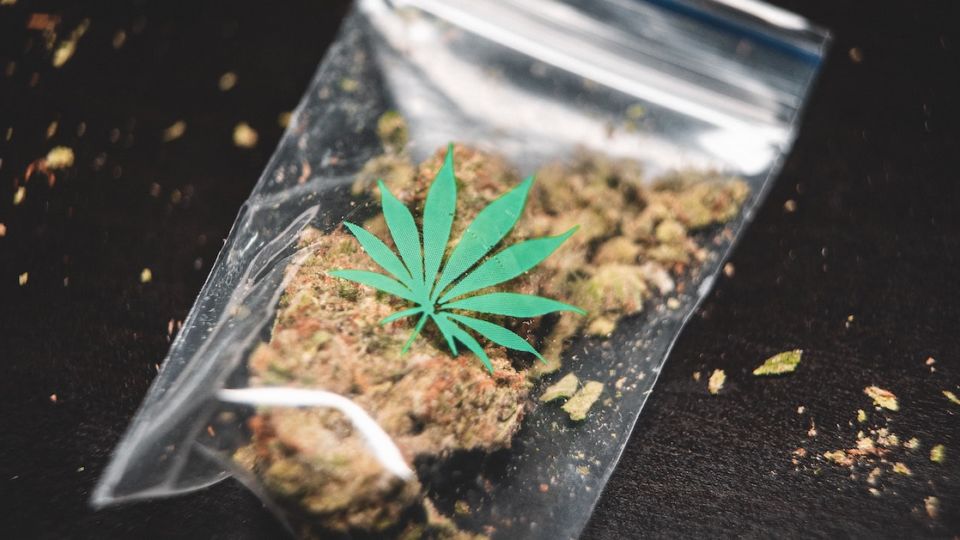Following the Joseph Schooling saga last week, some were surprised to learn that, under Singapore’s current law, any Singaporean citizen or permanent resident found to have abused controlled drugs overseas will be treated as if they had abused drugs in Singapore.
To put it simply: if you are a citizen or permanent resident, it is a crime to do drugs in a country outside Singapore, regardless of whether or not it is legal or not in that country.
This has not always been the case. While the Misuse on Drugs act has been in place since 1973, it was only during the second reading of the Misuse of Drugs (Amendment) Bill in 1998, that then-Minister for Home Affairs Wong Kan Seng called to tighten the law to discourage people from using drugs overseas.
Seng said that the number of people who tested positive for drugs at border checkpoints was on the rise but the Central Narcotics Bureau (CNB) could not charge those who used drugs overseas because of the laws at that time. He argued that this “loophole” had to be closed or it would encourage drug users to take trips out of the country just to feed their habits.
A new provision was thus put into effect that same year stating that any person found to have smoked, administered to himself or consumed a controlled or specified drug – regardless of whether they are outside or within Singapore – through a urine test will be dealt with as if the offence had been committed in Singapore.
On autonomy
Singapore’s current zero-tolerance approach to drugs has been well-established, but when it applies beyond the borders, that’s where it can get a little cloudy.
The justification for persecuting casual drug use even overseas hinges on the idea that the government controls our bodies, even outside the country’s borders – an issue that caused a lot of debate last week.
Many find that idea unfair, but it is justified by the same ideology as the rest of Singapore’s uncompromising war on drugs and drug-related activities, the same ideology that justifies using the death penalty on drug traffickers. The state believes the rights of individuals are of relatively small concern compared to the threat that drugs pose to society as a whole.
While Singapore’s drug laws may seem uniquely harsh, we are not the only country that polices what its citizens put into their bodies overseas. In South Korea, drug use of any kind is also prohibited, including in countries where the use of drugs is legalised or tolerated.
Other laws that Singaporeans can be prosecuted for if committed overseas
Taking drugs abroad is not the only thing you can do outside of Singapore that can get you into legal trouble back home.
Statutes like the Securities and Futures Act of 2001, which governs the regulation of activities and institutions in the securities and derivatives industry including foreign exchange trading, and the Foreign Interference (Countermeasures) Act 2021, which provides measures to prevent, detect and disrupt foreign interference in our domestic politics, also have extraterritorial aspects.
Another similar statute is the Passports Act of 2007, which deals with Singapore passports and other travel documents be used as evidence of identity and citizenship by citizens of Singapore who are traveling internationally.
Under the Penal Code, commercial sex with a minor below 18 outside Singapore is an offence, as well as facilitating tours outside Singapore for commercial sex with a minor – as it should be.
When it comes to extraterritorial laws, there’s no doubt that some of these have a clear justification, but when it comes to drug use, it will always – or at least a long time – be a contentious issue.
It will get even tougher considering that more and more countries around the world – like Thailand, a popular holiday destination for Singaporeans – are legalising cannabis.
So the next time you’re gallivanting around the globe, keep in mind that you are never truly free of Singapore’s laws – even beyond its borders.
RELATED –Joseph Schooling gets schooled for using cannabis, gets sporting privileges revoked: What we know so far




